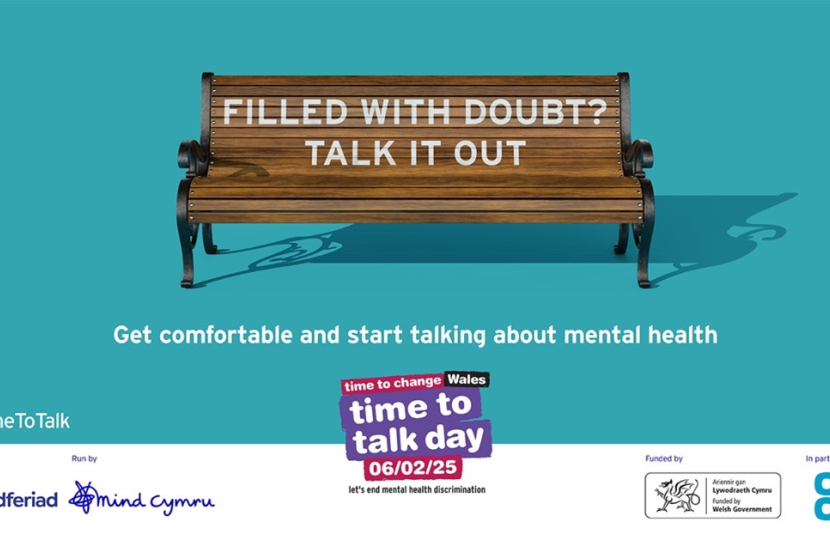
Despite the considerable conversation around mental health in recent years, mental health stigma continues to be a problem faced by many people in Wales.
A Survey of Public Attitudes to Mental Illness conducted in Wales by Kantar on behalf of Time to Change Wales, 2021, found that there has been an improvement in the Welsh public’s attitudes to mental illness, with 5% of adults having more understanding and tolerance representing an estimated 129,000 adults.
However, despite this improvement, stigmatising attitudes still exist:
· 1 in 8 people think that there is something about people with mental illness that makes it easy to tell them from normal people.
· 1 in 10 people consider that one of the main causes of mental illness is a lack of self-discipline and willpower.
· 1 in 8 people believe that locating mental health facilities in a residential area downgrades the neighbourhood.
· 1 in 10 people agree that anyone with a history of mental problems should be excluded from taking public office.
There is a decline in help-seeking behaviour with a huge drop in the number of people in Wales willing to talk about a mental health problem with friends, family and employers.
People who feel uncomfortable talking to friends and family about mental health has doubled from 20% in 2019 to 43% in 2021. The situation is worse in the workplace with 69% saying they feel uncomfortable talking about mental health with a current or prospective employer compared with 37% in 2019.
The survey also reveals that more people are experiencing mental health issues, as 1 in 4 say they have immediate family members who have experienced a mental health problem in the last year (from 1 in 5 in 2019). Furthermore, just over half of respondents (52%) have either had an experience of a mental health problem or know someone who has in the last 12 months.
The survey also highlights that 1 in 5 people felt unfairly treated in some way by mental health staff (from 4% in 2019 to 15%).
It’s quite likely that one day you, one of your friends, colleagues or family members will experience a mental health problem.
It is therefore crucial that we stop mental health being surrounded by prejudice, ignorance and fear, which is why I was pleased to support last Thursday’s ‘Time to Talk’ campaign.
Since Time To Talk Day first launched in 2014, it has sparked millions of conversations in schools, homes, workplaces, in the media and online, The day also aims to end the stigma around mental health.
Last year’s Time to Talk Day campaign revealed that nearly two-thirds of the UK public put on a brave face to avoid talking about their mental health. And nearly half of us are less likely to open up as we don’t want to worry others in already difficult times. But talking openly and honestly can be the first step towards better mental health for everyone. It can reduce stigma and help people feel comfortable enough to seek help.
We know talking about mental health is not always easy, but starting a conversation doesn’t have to be awkward (and doesn’t have to take place just on ‘Time to Talk’ Day).
There are lots of ways you could start a conversation. You could have a chat alongside an activity, share a cuppa with a loved one or simply text a mate to see how they’re doing.
Being there for someone can make a huge difference – in fact it could save their life!
For further information on how to support someone struggling with their mental health, or for advice on how you can open up and share your own feelings, please visit Time to Talk Day 2025 | Time to Change Wales



